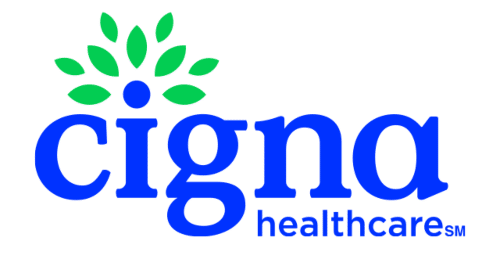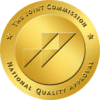Safe and Sound Treatment believes in reducing the risk of relapse and improving long-term recovery are two significant benefits of getting sober. For individuals who struggle with addiction, maintaining sobriety can be a lifelong journey. However, with the right support, tools, and resources, individuals can achieve lasting recovery and live a fulfilling life free from addiction.
One of the primary benefits of reducing the risk of relapse is that it can help individuals maintain their sobriety over the long term. Relapse is a common occurrence in addiction recovery, and it can be a significant setback for individuals who have worked hard to achieve sobriety. However, by reducing the risk of relapse, individuals can stay on track with their recovery goals and avoid the negative consequences of substance use.
Reducing the risk of relapse involves developing effective coping skills, such as stress management techniques, healthy communication strategies, and self-care practices. By learning how to manage triggers and cravings, individuals can reduce their risk of relapse and build a stronger foundation for long-term recovery.
Improving long-term recovery is another significant benefit of getting sober. Long-term recovery involves sustained abstinence, ongoing self-care, and continued personal growth. Individuals who achieve long-term recovery can experience a wide range of benefits, such as improved physical health, better relationships, and greater emotional well-being.
One of the keys to improving long-term recovery is building a strong support system. This can include family members, friends, and other individuals in recovery who can provide encouragement, accountability, and guidance. Support groups, such as 12-step programs, can also be an excellent resource for individuals who are seeking long-term recovery.
In addition to building a strong support system, individuals can improve their long-term recovery by engaging in ongoing self-reflection and personal growth. This may involve therapy, meditation, journaling, or other practices that promote self-awareness and personal development. By continuing to learn and grow, individuals can maintain their sobriety and achieve greater fulfillment in their lives.
Reducing the risk of relapse and improving long-term recovery are two significant benefits of getting sober. By developing effective coping skills, building a strong support system, and engaging in ongoing personal growth, individuals can achieve lasting recovery and live a fulfilling life free from addiction. While the road to recovery may be challenging, the benefits of sobriety are well worth the effort.


















